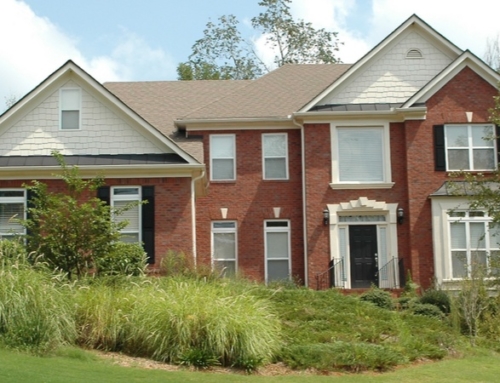As I hosted my radio show on a recent Sunday morning, I took call after call from Baby Boomers who are finally realizing that their ability to call the financial shots in their life has been somewhat impaired by the credit crisis.
Essentially, these callers are all asking the same sorts of questions: Is now a good time to sell my home? Should I sell my house and trade down to something smaller and less expensive? Will I have to keep working to afford the mortgage on a property I would have sold to help fund my retirement?
What these Baby Boomers have begun to realize is that when a market has stalled, it stalls for pretty much everyone, not just a few souls here or there.
Sure, some houses are selling. But in October 2008, around 45 percent of existing homes sold were bank-owned foreclosures, according to data from the National Association of Realtors. That means just 55 percent of homes were sold by homeowners (with or without agents) to buyers.
As the economy continues to slog through the current recession, the news won’t be good anytime soon for sellers who are looking to get out from under their adjustable rate mortgages (ARMs).
As more homeowners lose their jobs, and millions are expected to be unemployed in the next year, they may not be able to afford their mortgage payments. More homes would then fall into foreclosure and banks will take them over. That means continued pressure on home prices, as some banks take cents on the dollar for their foreclosed properties just to get them off the books, while others let homes languish at reduced prices.
Home Owners May Lose Home Equity
Sellers who expected to glean a decent price for their homes so they could trade up or trade down may find that more of their equity has evaporated. The move they long-planned may have to be postponed until the local real estate market recovers.
So many people who have emailed or called my weekly radio show seem to be agonizing over whether to sell and take the losses now (and buy low as well) or wait until the market finds its bottom and turns around.
Is now a good time to sell? The answer to the question depends very much on where you’re located and what kind of a market there is for your property.
If you’re stuck in a new housing development where you were one of the first people to buy a lot and now the developer has gone bankrupt without finishing a lot of the infrastructure, you probably won’t have much luck selling your property. Unless you can rent the home, you should probably plan to stay there for some time to come, perhaps even years. Eventually, an investor will probably buy the development and start to build there again.
If you’re in a neighborhood filled with foreclosures that have depressed property prices, selling means competing at that price point. If you have a home in much better condition and you’re willing to price it competitively with the foreclosures that are for sale, you may be able to sell. But, it will be at a reduced price that could compromise your plans to purchase a different type of home.
Few Foreclosures, Good Looks Help Sell Home
If your neighborhood has plenty of homes for sale, but few foreclosures, you may be able to sell your home by making sure it looks better than all of the other homes in the neighborhood, and is priced very competitively. But be prepared to wait. Few homes are selling overnight in bidding wars these days. You may have to list your home for months until it sells.
As to the question of whether it’s better to sell now at a lower price but buy at a lower price, the answer is "maybe." If the home you want to buy is in a neighborhood where property prices are temporarily depressed, or if you’re looking to trade up and the bigger home in the nicer neighborhood you have your eye on is listed at a deep discount to its true value, then it may be worth your losses to sell your cheaper house at a lower price but buy the more expensive home at a steeper discount.
But if you’re planning to trade down, you’ll be selling the higher-priced asset at a steeper discount, and buying a lower priced property at a smaller discount. In this case, you’re probably better off waiting, and hoping that your neighborhood stabilizes sooner rather than later.
Dec. 3, 2008.






Leave A Comment